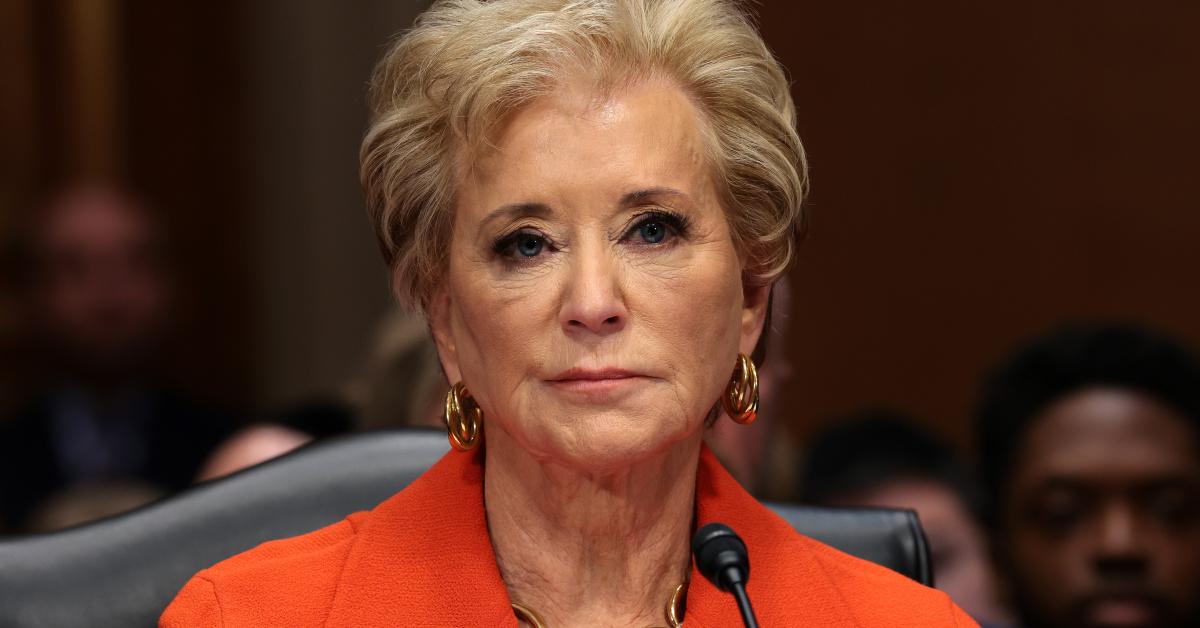New Hampshire is taking a firm stand against “sanctuary” policies with a new bill signed by Governor Kelly Ayotte. This legislation stops cities and towns from limiting cooperation with federal immigration authorities. It enforces a rule where local law enforcement must hold suspects wanted by ICE for up to 48 hours.
Governor Ayotte, alongside lawmakers and law enforcement, expressed her satisfaction with this important move. She took the opportunity to highlight Massachusetts’ differing stance on this issue, specifically pointing to Boston’s sanctuary policies. Holding a sign saying “Don’t Mass Up NH,” Ayotte reiterated her campaign promise to avoid the pitfalls she sees in Massachusetts’s immigration approach.
The Memorial Day Sale is ON NOW!
Get 25% off site-wide with discount code MEMORIAL25 at checkout.
Includes FREE shipping in the USA.
https://GetZStack.Com
“We won’t let our state go the way of Massachusetts and their billion-dollar illegal immigrant crisis,” Ayotte declared. She emphasized that the bill represents the fulfillment of a campaign promise to keep New Hampshire free of sanctuary policies and supportive of federal immigration efforts. “New Hampshire will never be a sanctuary for criminals,” she assured.
Republicans in New Hampshire see this bill as a necessary step to maintain safety and order. They argue that sanctuary policies obstruct criminal and terrorist investigations. According to them, local law enforcement should be aligned with federal authorities to address illegal immigration effectively.
On the other hand, Democrats voiced their concerns about the bill. They believe that involving local police with ICE could lead to decreased community safety, as it might discourage people from reporting crimes. Democrats argue that local police should not be entangled in federal immigration enforcement, especially amidst increased deportations.
In some New Hampshire communities, like Manchester, there are already local rules that limit cooperation with ICE on detainer requests. These detainers can be related to either criminal or civil matters. The new law overrides these local ordinances, aligning the state more closely with federal immigration efforts.
This move sets New Hampshire apart from its neighboring states, such as Massachusetts, where sanctuary policies are more common. Massachusetts, along with other blue states, has resisted the Trump administration’s immigration crackdown. By signing this bill, New Hampshire is taking a clear stand.
Recently, New Hampshire entered into an agreement with the Trump administration. This allows state troopers to arrest and detain immigration suspects once they have been properly trained and certified. This collaboration further cements New Hampshire’s commitment to working with federal immigration officials.
Governor Ayotte and her supporters see this as a way to keep New Hampshire safe and uphold the law. The bill’s passage is seen as a victory for those who believe in strict immigration enforcement. By banning sanctuary policies, New Hampshire aligns itself with a more conservative immigration stance.
The state’s decision reflects a broader national debate on immigration and law enforcement cooperation. While some argue for more protection for undocumented immigrants, others view strict enforcement as essential. New Hampshire’s new law is a clear indication of where it stands on this issue.
Supporters of the bill argue that it will make New Hampshire a leader in immigration enforcement. They believe this law will deter illegal immigration and reduce crime. Opponents fear it could erode trust between communities and the police.
The contrast between New Hampshire and its neighbors highlights the ongoing national divide on immigration policy. This law is a testament to the state’s commitment to conservative values. Governor Ayotte’s administration remains resolute in its approach to immigration.
New Hampshire’s legislative decision is likely to have a ripple effect. Other states may look to New Hampshire as an example of strong immigration enforcement. The debate over sanctuary policies is far from over.
As the nation watches New Hampshire’s move, the conversation about immigration policies continues to evolve. The state’s decision is a significant marker in this ongoing national discussion. The impact of this legislation will be closely monitored in the coming months.




